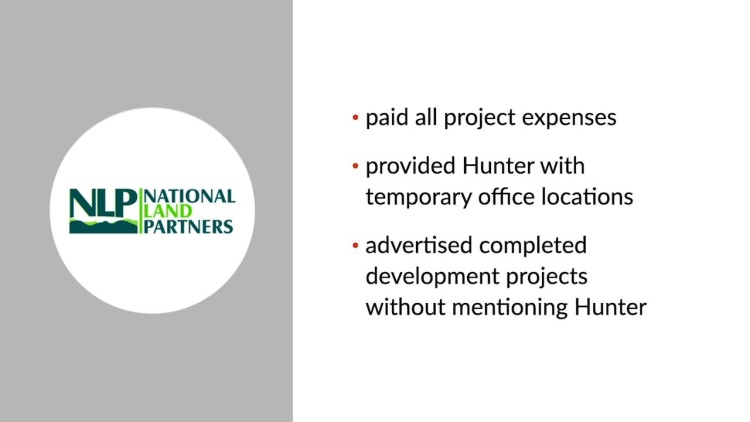Wilson v. Wilson
Supreme Court of Appeals of West Virginia
706 S.E.2d 354 (2010)

- Written by Jacqueline (Hagan) Doyer, JD
Facts
Mr. Wilson (husband) (defendant) and Ms. Wilson (wife) (plaintiff) were married. The couple formed Hunter Company of West Virginia (Hunter), a real estate development business. The husband and the wife each owned half of Hunter’s stock. Hunter was hired by National Land Partners (NLP) as an independent contractor to manage real estate development projects. NLP paid Hunter in the form of manager fees. Hunter oversaw a variety of individuals to carry out this task. However, Hunter could not hire these individuals without the approval of NLP. Also, Hunter did not pay any of these individuals directly. In fact, the only individual that Hunter paid directly was the husband. Hunter’s agreement with NLP contained a payment provision in the event the husband died. The provision provided that NLP would pay Hunter based on the progress of its work at the time of the husband’s death. Hunter was a very successful business due to the husband’s work. The wife filed a petition for divorce. The wife sought distribution of the NLP manager fees on projects in which Hunter was engaged at the time of divorce. The family court found that Hunter had enterprise goodwill. Accordingly, the family court held that the manager fees were marital property subject to distribution. The Circuit Court of Berkeley County reversed, finding that Hunter had only personal goodwill associated with the husband as an individual. The wife appealed.
Rule of Law
Issue
Holding and Reasoning (Workman, J.)
What to do next…
Here's why 910,000 law students have relied on our case briefs:
- Written by law professors and practitioners, not other law students. 47,100 briefs, keyed to 997 casebooks. Top-notch customer support.
- The right amount of information, includes the facts, issues, rule of law, holding and reasoning, and any concurrences and dissents.
- Access in your classes, works on your mobile and tablet. Massive library of related video lessons and high quality multiple-choice questions.
- Easy to use, uniform format for every case brief. Written in plain English, not in legalese. Our briefs summarize and simplify; they don’t just repeat the court’s language.





